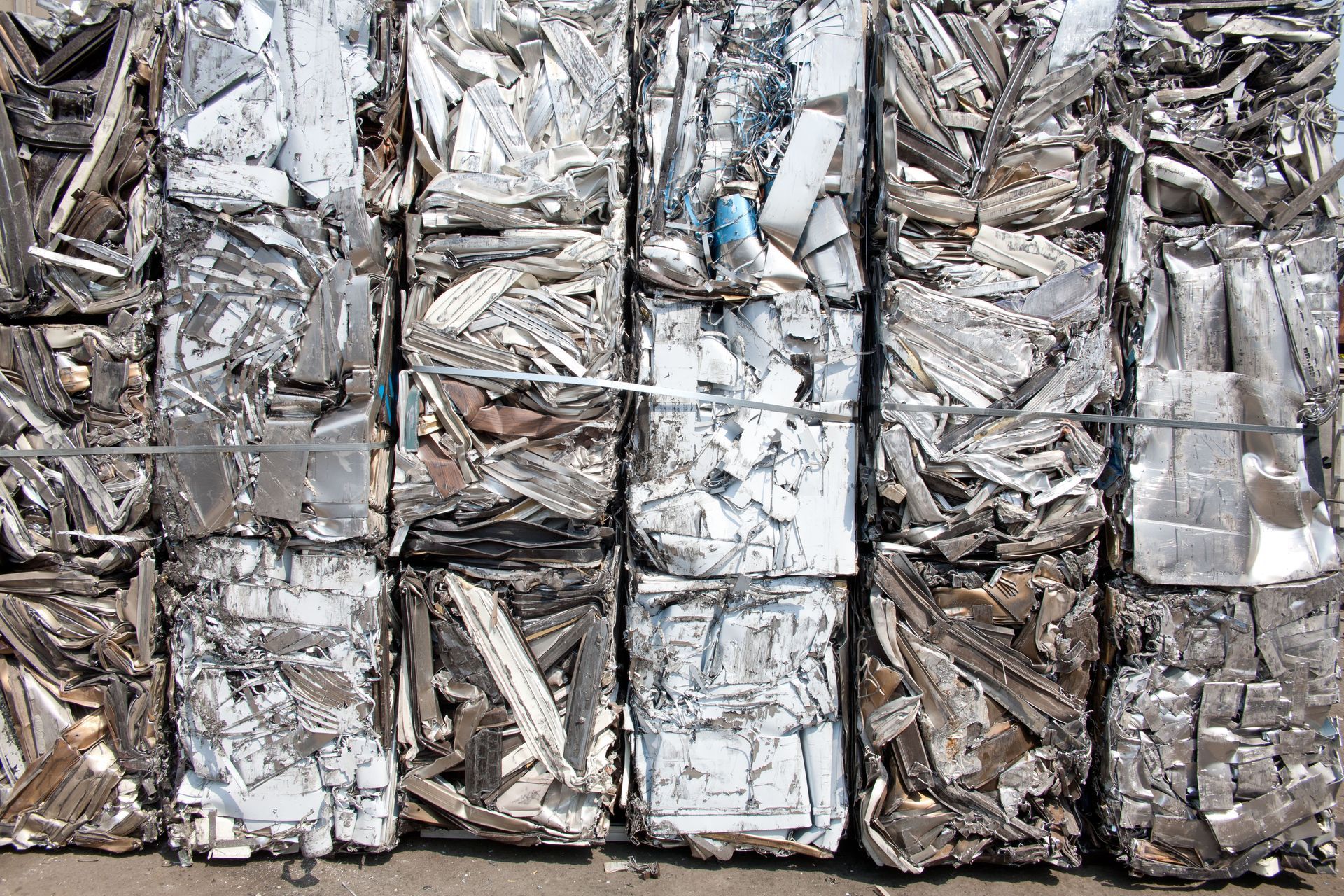Clearing Up 3 Common Misconceptions About Metal Recycling
Recycling metal is a crucial part of minimizing waste and conserving natural resources, yet several misconceptions persist about this practice. These misconceptions might lead individuals to underestimate the impact of recycling metal, or they might deter people from participating in metal recycling altogether. Understanding the diverse myths surrounding metal recycling can empower more people to engage in this essential, environmentally friendly practice. In this blog post, we will clear up three common misconceptions about metal recycling.
Misconception One: Only Large-Scale Operations Matter
Many people believe that individual efforts in metal recycling don't significantly contribute to environmental conservation. However, the accumulation of small-scale recycling efforts can lead to substantial outcomes. For instance, according to the International Copper Association, approximately 8.7 million tons of copper comes from recycling every year. Each metal scrap, no matter how small, can cumulatively make a significant environmental impact when millions of individuals participate.
Misconception Two: Only Specific Metals Are Recyclable
A common myth is that not all metals can be recycled, leading some to discard valuable materials that could be reused. In reality, most metals, including common household items like aluminum cans, steel food containers, and copper from wiring, are recyclable. By improving awareness that the majority of metals can be recycled, more waste could be diverted from landfills, and more raw materials could be reclaimed for manufacturing processes.
Misconception Three: Recycling Metal Is Energy Intensive and Not Efficient
Some people believe that recycling metal requires more energy than producing new metal products from natural resources. This couldn't be further from the truth. Recycling metal not only conserves energy but also reduces emissions. For example, recycling aluminum saves nearly all the amount of the energy needed to produce new aluminum from raw materials. Such efficiency helps to reduce the carbon footprint and enhance sustainability efforts globally.
By clearing up these misconceptions, we can foster a better understanding of the importance and benefits of metal recycling. Individual contributions, understanding of recyclable metals, and awareness of energy efficiency all contribute to an effective recycling system. Together, we can leverage these insights to encourage more widespread participation and create a more sustainable future for subsequent generations. Remember, every piece of metal reused is a step forward towards conservation and sustainability. Reach out to Wauconda Recycling Center to learn more!




Share On: